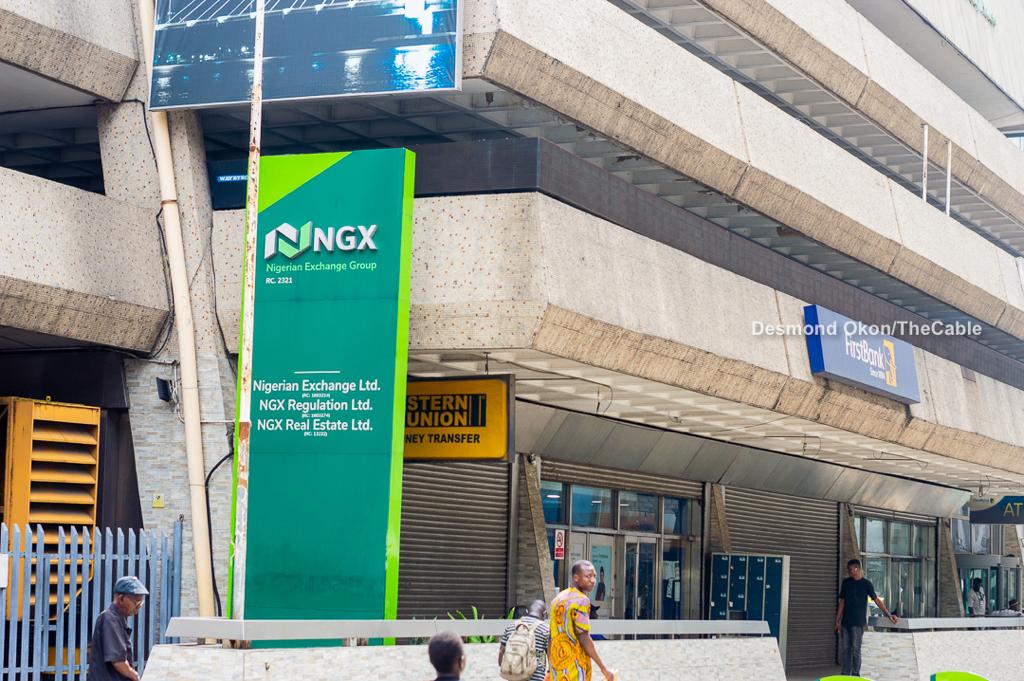The Lagos Chamber of Commerce and Industry (LCCI) has asked the federal government to enact enforceable legislation harmonised across ministries, departments, and agencies (MDAs) for the effective implementation of the ‘Nigeria First’ policy.
On May 5, the federal executive council (FEC) approved the ‘Nigeria First’ policy targeted at prioritising the use of locally made goods and services.
In a statement on Monday, Chinyere Almona, LCCI’s director-general, acknowledged that the policy aims to promote indigenous production, empower local businesses, and reduce overdependence on imports.
“This policy direction is timely and aligns with our long-standing advocacy for an inclusive, self-reliant, and resilient national economy,” Almona said.
Advertisement
“With the policy well implemented, we expect to see the emergence of new opportunities for job creation, economic growth, reduced pressure on our FOREX spending, and robust revenue generation in the medium to long term.
“However, while the intent of the Nigeria First Policy is commendable, the LCCI believes that its success depends on a bold, coherent, and well-coordinated execution strategy that addresses deep-rooted structural barriers.
“This policy should be grounded in economic realism, legal consistency, and institutional integrity.
Advertisement
“The LCCI is therefore of the view that domestic industries must be supported to become competitive through targeted infrastructure investments, access to affordable credit, and an enhanced ease of doing business environment. Incentives such as tax reliefs, R&D grants, and backward integration support should be prioritized for sectors with strong local potential, especially agro-processing, manufacturing, and ICT.
“To ramp up local production, current challenges facing the manufacturing sector, like high cost of generating power, rising cost of logistics, high cost of credit, and a rather harsh regulatory environment, must all be resolved.
“On the consumption side, the government must lead by example by strictly enforcing local content rules in procurement at all levels.
“Procurement processes must be transparent, merit-based, and inclusive of SMEs to avoid elite capture and ensure fair competition across the board.
Advertisement
“Policies should be backed by enforceable legislation and harmonized across ministries, departments, and agencies (MDAs) to avoid contradictions and regulatory loopholes.
“Unpredictable policy reversals and bureaucratic bottlenecks discourage investment and must be addressed decisively.
“Strategic protection must be accompanied by initiatives that promote quality assurance and market expansion.
“The promotion of local content should not result in monopolies or the proliferation of substandard products. Quality control mechanisms and consumer rights must be safeguarded at all times.”
Advertisement
‘NIGERIA FIRST POLICY MUST BE COMPLEMENTED BY LARGE-SCALE INVESTMENTS’
Almona said the ‘Nigeria First’ policy needs to be complemented by large-scale investments in vocational training and digital skills to align with evolving market needs.
“Partnerships with academic institutions and the private sector are essential to bridge skill gaps and drive innovation within the local talent economy,” the director-general said.
Advertisement
“The Nigeria First Policy should align with regional and continental trade agreements, especially the African Continental Free Trade Area (AfCFTA). Strategic diplomacy and a focus on competitiveness—not protectionism—should define Nigeria’s trade approach in the global economy.
“A multi-stakeholder implementation and monitoring framework should be instituted. This should include regular impact assessments and public reporting to ensure transparency, accountability, and continuous improvement of the policy over time.
Advertisement
“The Nigeria First Policy has the potential to catalyze sustainable economic development, job creation, and national self-reliance. However, intent must now give way to implementation.”
She further asked the government to engage the private sector as a critical partner in execution.
Advertisement
Almona added that the LCCI is ready to collaborate with the government in designing and monitoring frameworks to ensure the ‘Nigeria First’ policy achieves meaningful impact.










